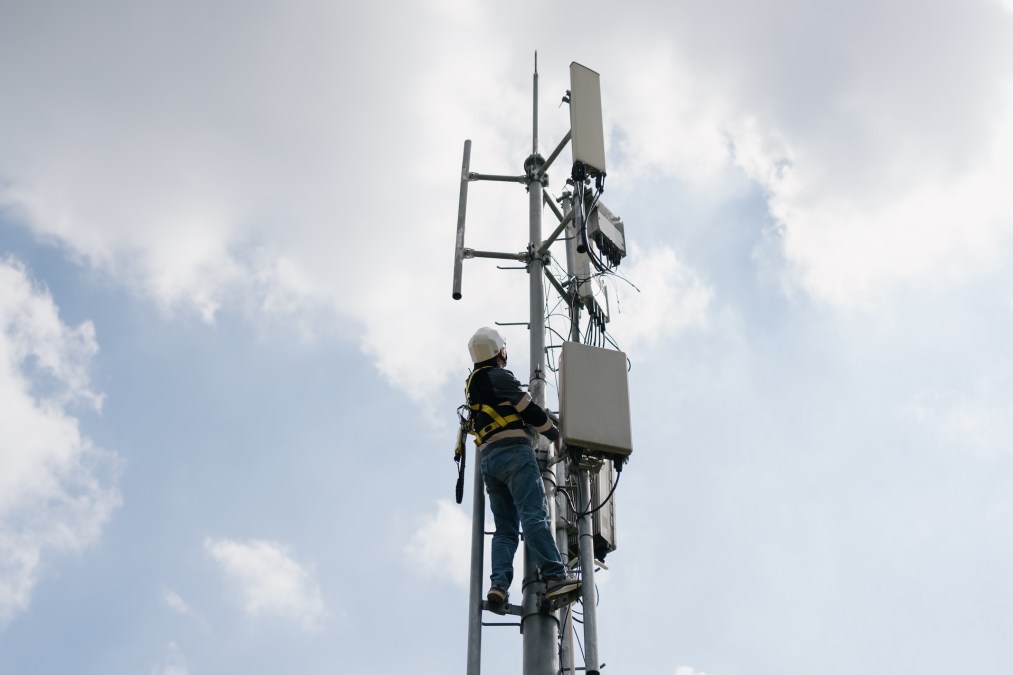Tariffs could slow replacement of telecom networks, according to industry official

Tariff hikes will drive up prices and make it harder for telecommunications providers to replace networks more vulnerable to Chinese hacker intrusion, an industry official told lawmakers Wednesday.
“Tariffs will only raise prices,” David Stehlin, CEO of the Telecommunications Industry Association, told Rep. Darren Soto, D-Fla. While it makes sense to find ways to bring production back to the United States, Stehlin testified, “if over a long period of time, those prices are raised, fewer networks are going to get built and that’s a problem.”
Stehlin made his remarks at a hearing of the House Energy and Commerce Communications and Technology Subcommittee on securing telecommunications infrastructure, as the Trump administration seesaws on its approach to raising tariffs worldwide. The sweeping breach of telecommunications companies by the Chinese hacking group Salt Typhoon was fresh on members’ minds, and how to address the weaknesses the hackers exploited was a frequent topic of questioning.
There’s broad bipartisan consensus that the United States needs to rely less on telecommunications technology made overseas, but there was a divide between the parties on the proper focus, with Republicans taking aim at bureaucratic and regulatory hurdles and Democrats zeroing in on Trump administration policies.
Trump has floated repealing the CHIPS and Science Act, which dedicated billions toward semiconductor manufacturing and related telecommunications purposes. Rep. Nanette Barragán, D-Calif., asked Stehlin if that would be helpful.
“It would not be helpful because we need more capital investment in the United States,” he answered. “Fundamentally and strategically it is critical these skills are brought back as soon as possible.”
Democrats also criticized the Trump administration over proposed personnel cuts at the Cybersecurity and Infrastructure Security Agency, as well as for halting a Cyber Safety Review Board review of the Salt Typhoon intrusions. Laura Galante, who served as director of the Cyber Threat Intelligence Integration Center in the Biden administration, seconded their concerns.
“Cutting off that investigation into Salt Typhoon early really limits the telecommunications sector’s ability to understand from all sides of the house … how we can improve,” she said. “It really shortchanges our national security.”
And “cybersecurity is an inherently federal issue,” she said, when asked about planned cuts to CISA and a shift to state and local responsibility.
On the other side of the aisle, subcommittee Chairman Richard Hudson, R-N.C., criticized the speed of federal reviews of foreign investments in the telecommunications sector by a body known as Team Telecom. “Appplications often get bogged down by delays and bureaucratic hurdles,” he said.
In response to questions from Rep. Buddy Carter, R-Ga., about the permitting process for building undersea cables and their importance to national security, Stehlin said it can take an average of 400 days and up to 900 days.
Galante told the panel that we’re “not going to regulate our way out” of the problems that emerged during the Salt Typhoon breaches.



